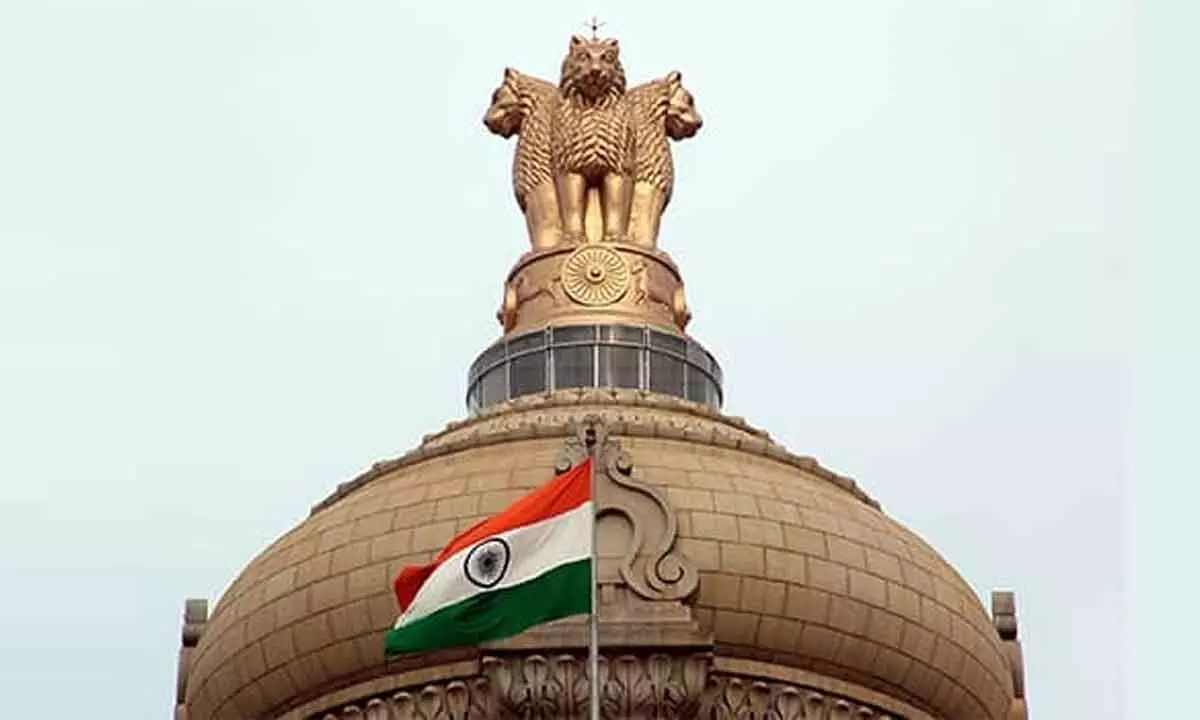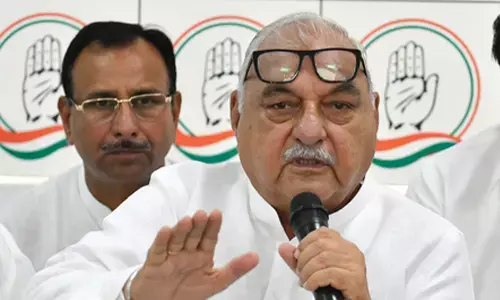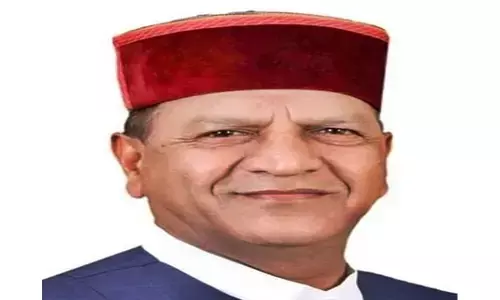Not just Guvs, Centre, too, needs ‘soul searching’

The special session of Tamil Nadu Assembly on Saturday will mark a special moment in the context of prickly ties between State governments and Governors in the opposition-ruled States. The TN Assembly,for third time, will re-adopt certain Bills returned by the Governor. The timing of the Governor’s action is significant. After dilly-dallying on the bills for long, Governor R N Ravi seemed to have acted with alacrity, days after SC flagged ‘serious concern’ about Raj Bhavan inaction, and days ahead of the next hearing on Monday.
It is regrettable that the hallowed Governor system has come to such a pass. In recent times, opposition governments have been crying hoarse over the actions – and inactions – of Governors. TN Assembly Speaker M Appavu hit the nail when he stressed that the legislature has absolute sovereignty” and this must be considered by the Governor, the President and the Union government.
Article 200 lays down that the Governor shall declare either that he gives his assent to the bill or that he withholds assent therefrom or that he reserves the bill for consideration of the President. The Constitution is, however, silent on how long a Governor can keep a bill with him. The Supreme Court taking up the issue is a sign of good augury for bringing the contentious matter to a proper closure.
Many Raj Bhavans are neglecting constitutional duties and deliberately hindering governance. The opposition parties in the past also alleged a “systemic undermining” of the state’s elected machinery, leading to ‘constitutional deadlocks.’ Apart from Tamil Nadu, Kerala and Punjab recently moved the top court against their Governors for allegedly sitting on pending Bills. They followed suit after a vexed KCR government in Telangana knocked on the doors of SC in March this year for directions to Governor Dr Tamilisai Soundararajan to clear the 10 bills passed by the assembly. On 24th April, as the CJI bench was about to take up the matter, it was informed that all the pending bills had been assented to by the Governor. Ruling on Punjab’s petition Governor Banwarilal Purohit, the Supreme Court on November 10 expressed concern over great perils to democracy. It reiterated that in a parliamentary form of democracy, real power vests in the elected representatives of the people.” Governor is just a titular head of the state.
The SC also asked Governor Purohit not to doubt Assembly session’s validity, but to do his job i.e., decide on pending Bills. He did abide by the ruling. Earlier, too, he acted only after the supreme nudge from the apex court. Why is it so? This is an issue disturbing not only common man but also the Supreme Court, given its anguish on November 6. Can a Governor indefinitely sit on bills for no ostensible reason? Does this pass muster with the Constitution? The SC should clarify on this.
As for the objections over the Supreme Court taking up the matter, while Article 361 confers absolute immunity on the Governor from any legal proceedings, the Supreme Court had in Rameshwar Prasad v Union of India (2006) upheld its power to examine any petition against the Governor as, “The expression purported to be done in Article 361 does not cover acts which are mala fide or ultra vires.” Governors, and thereby the Central government, need to rise above petty politics. They cannot undermine the will of the people. They should do a little bit of soul-searching.









